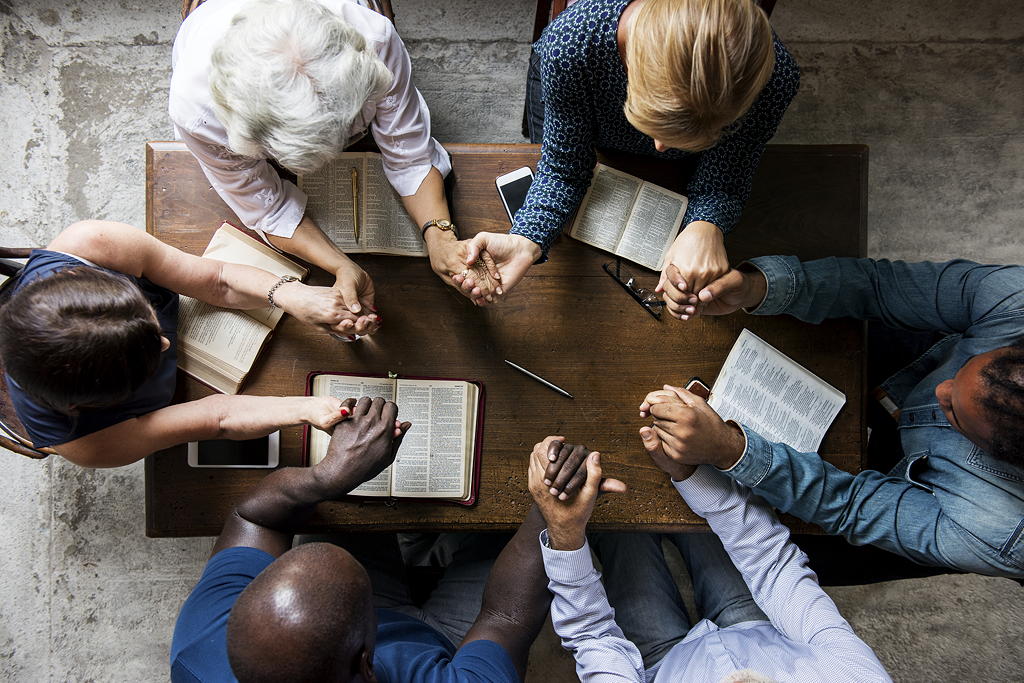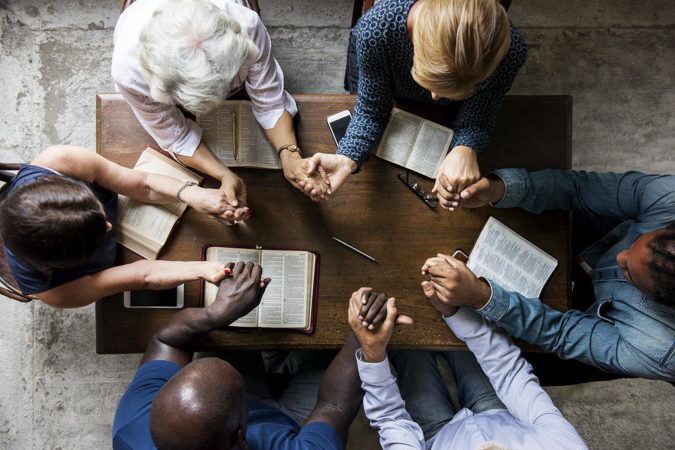On one occasion an expert in the law stood up to test Jesus. “Teacher,” he asked, “what must I do to inherit eternal life?”
“What is written in the Law?” he replied. “How do you read it?”
He answered, “‘Love the Lord your God with all your heart and with all your soul and with all your strength and with all your mind’; and, ‘Love your neighbor as yourself.’”
“You have answered correctly,” Jesus replied. “Do this and you will live.”
Luke 10:25-28
If you are looking for a set of values that will give dignity to your life, that will connect you with the life of God, and that will work at a practical level, you need not look any further than these: reverence and respect.
Reverence is what is supposed to happen in our hearts when we are exposed to the power and majesty of God. Reverence (Latin, reverentia) means awe. Wonder. Esteem. Even fear.

Reverence is the prophet saying “Woe to me… I am a man of unclean lips” (Isaiah 6:5). It is the newly-called disciple of Jesus saying “Go away from me, Lord; I am a sinful man!” (Luke 5:8). It is the submissive apostle saying: “Oh, the depth of the riches of the wisdom and knowledge of God! How unsearchable his judgments, and his paths beyond tracing out!” (Romans 11:33).
The purpose of worship is for us to be awe-filled to the point that we are driven to submission to God. The main word for worship in the Greek New Testament means “to bend the knee.” So every act of worship: praise, prayer, offering, the reading and exposition of Scripture, baptism, the Lord’s Supper, are all most effective when they lead to awe. And that awe is not confined to a church building. We can, and must, stay bowed before God in the workplace, at school, in our families.
And then we turn to the horizontal. Reverence (for God) leads to respect (for people).
The most important thing you can do for the people in your life—your family, your friends, your co-workers—is to treat them with respect. The reason we love is because we respect. We react to God’s greatness with reverence, and then we turn around and look at these amazing creatures God has made in his own image (in his own image!)—men and women, boys and girls—and we treat them with respect because they are made in God’s image. The alternative is unthinkable: to slap the image of God in the face is to slap God in the face.
One thing every person wants, is respect. Every person.
If we want people to grow, we will respect them. If we hope people will find security and confidence, we will respect them. If we long to see the people in our lives have a life-giving connection with God, we will respect them.
Respect is a choice we make. It does not come naturally to us. The easy thing is to use or abuse other people. After all, we’re busy, we have things to do, places to go, goals to achieve. (How dare other people get in our way or make our lives complicated.) The word “respect” literally means to take another look. “Re-spect”—to look again. That has to be intentional.
Given the coarseness of our culture, it is time to stop and take another look.
It is never too late for us to take another look. To say to God: give me a new vision of the people around me. Help me to see them as you see them.
So we take another look. And then another look. And another. Over time. Re-spect, and re-spect again. We get to know people, really know them. Only then are we able to respond in truth.
It is the reason Jesus said the whole Law is summed up in one simple truth with two parts: “Love the Lord your God [reverence]… and love your neighbor as yourself [respect]” (Luke 10:27). Jesus said: “do this, and you will live.”
This does cost us a great deal. Looking at God with reverence takes away all our bragging rights (which we never had in the first place), and respecting people—taking another look—means our treatment of others will have to be more careful, more discerning, and more generous than we ever imagined.
